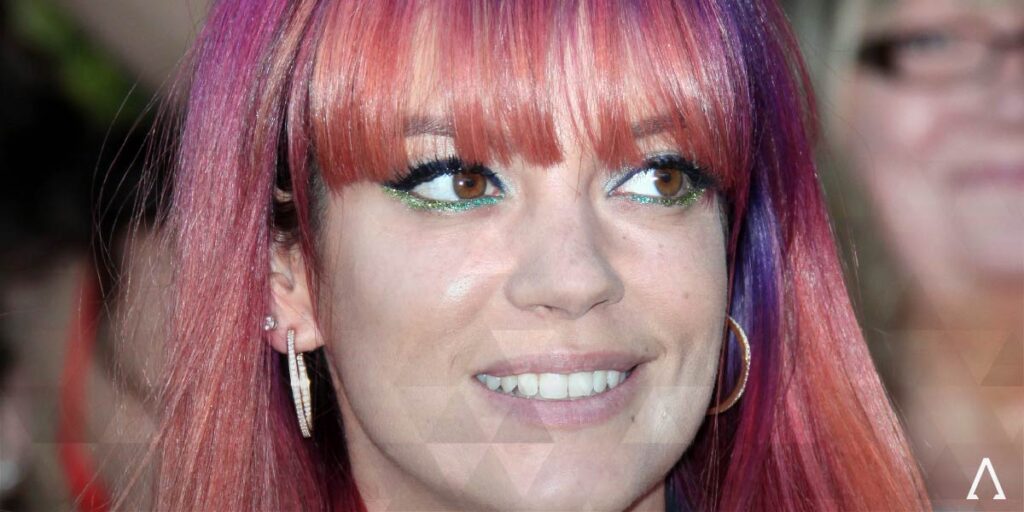This July, the singer Lily Allen commemorated a year sober with an Instagram post containing several pictures of her. In the first few, she looks happily sober; in the last, she is visibly intoxicated and seems miserable.
Allen has been very open about her struggles with alcohol and drugs, even before she got sober. In an interview with GQ in 2018, she said that while it had been clear drugs were a problem for her and she’d given them up, she was regularly drinking a bottle of vodka a day.
“I’d never really been a drinker before,” she said. “I’d always been a drug taker, and the drinking was an accessory to doing drugs. I realized, ‘Oh, f*ck, I haven’t taken any drugs for ages, but I’m drinking a lot.”
Allen has also spoken publicly about her diagnoses of bipolar disorder and PTSD, as well as having spent three months in the psychiatric ward. Mental health disorders tend to interact with addiction in numerous ways. People with untreated mental health disorders may self-medicate with substances, but drugs and alcohol can exacerbate mental health disorders. Nearly 38% of people with substance use disorders have a co-occurring mental health disorder.
Trauma has also been strongly associated with addiction. One study found that 90% of people with a substance use disorder had experienced trauma. Unfortunately, Allen’s life hasn’t been short on it. Her son died during a premature childbirth. Her second kid was born with complications that required surgery. She was sexually assaulted by a record industry executive, and stalked by a person who broke into her house threatening to kill her. Her children were asleep in the next room.
Allen said she used drugs and alcohol to self-medicate. After treatment, she realized she is prone to self-medicating in general. Becoming aware of this gave her the tools she needed to do something different. “Now knowing that,” she said, “if I’m not feeling 100, I just stay away from drugs and alcohol.”
Being involved in the music industry didn’t help matters for Allen. She said, “I’m surprised I’m not dead. The music industry was a hedonistic place in the noughties. It was all about having fun and getting f*cked up. People who indulge don’t generally come out the other side.”
Thankfully, Allen has come out the other side, and she’s seen the incredible benefits of sobriety first-hand. In that Instagram post celebrating her sobriety, Allen’s caption says, “So grateful for my health and happiness.”
If you are struggling with a substance use or mental health disorder, there is help and hope. TruHealing Centers offers high-quality treatment for addiction and mental health disorders in facilities across the country. Our staff—many of whom are in recovery themselves—will help you process traumas and build the tools to thrive in long-term recovery. Call an admissions specialist at 410-593-0005.








